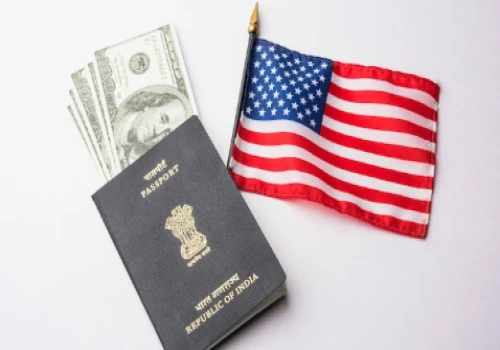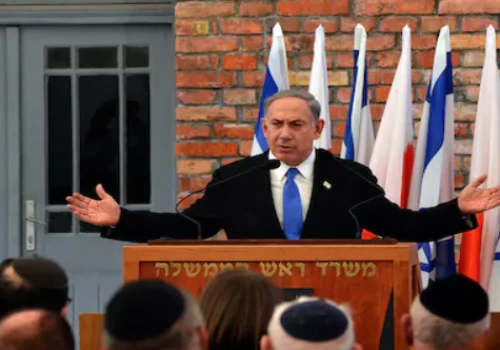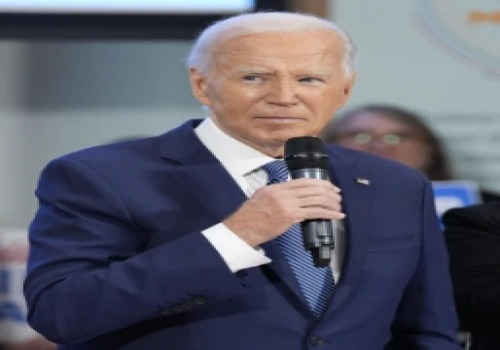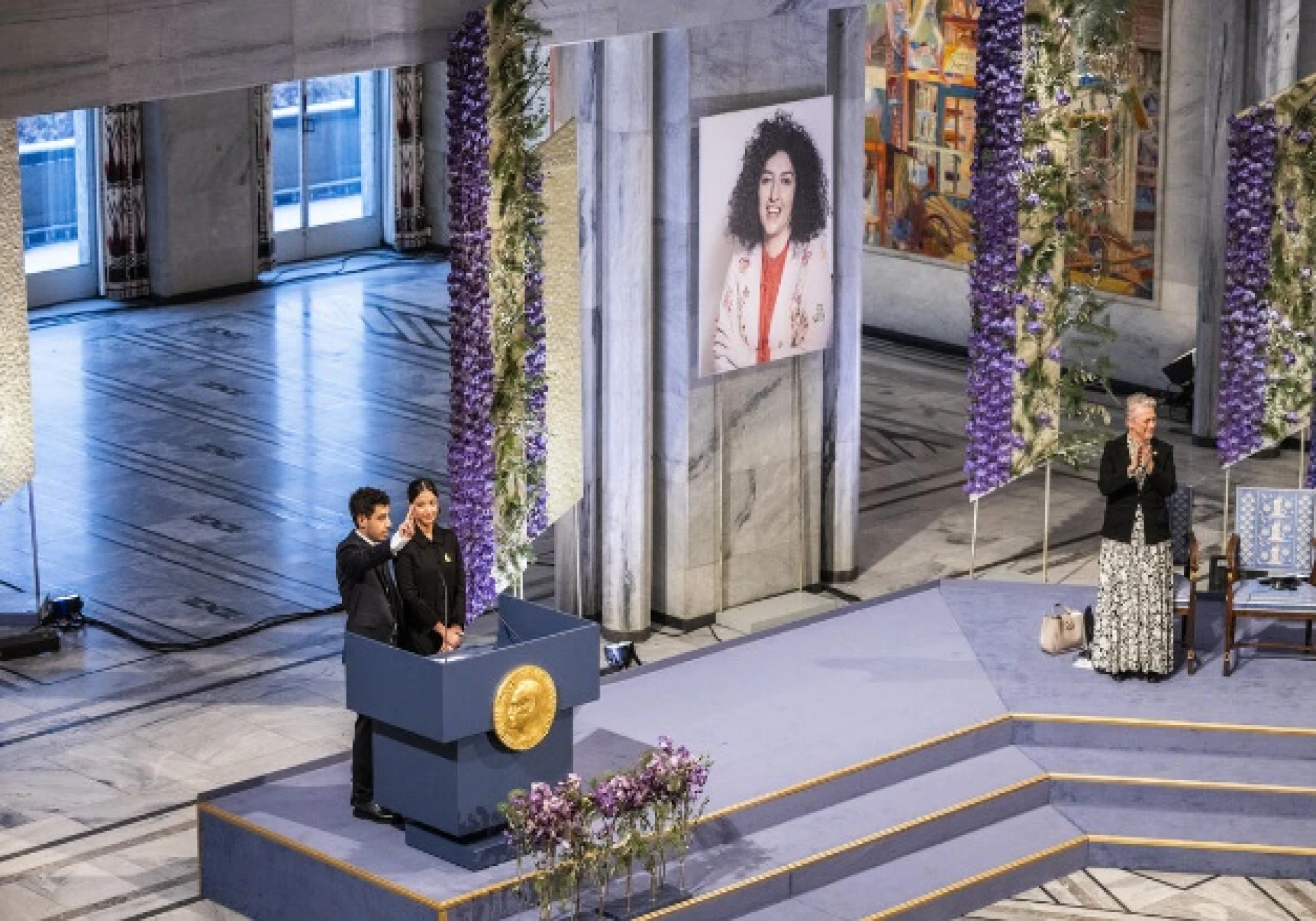
In addition to opposing the capital punishment, Narges Mohammadi known for her campaigns in support of women's rights and equality in her home country.
Despite multiple arrests by Iranian authorities and years in prison, Mohammadi, 51, was granted the 2023 edition of the Nobel Prize for Peace in October in recognition of her decades-long fight. At present, she is being held captive in a Tehrani prison.
After her most recent arrest in November 2021, the women's rights activist was found guilty of spreading propaganda against the Islamic Republic and is currently serving multiple sentences for those offenses.
"I am writing this message from behind the chilly, high walls of a prison," Mohammadi stated, noting that "staying alive" had been a continual struggle for her and many other Iranian activists.
In order to emphasize that Mohammadi is one of the few laureates who has not been allowed to attend the ceremony since the award's establishment in 1901, her portrait and an empty chair served as a symbolic representation of her on stage in Oslo.
She issued a warning, pointing out that expanding terrorist threats, migration, and instability were among the wider effects of human rights abuses committed by autocratic regimes.
"Human rights abuses will keep propagating across state lines in the age of globalization, or human dignity shall be acknowledged worldwide," the speaker stated.
"We are subjected to oppression, obvious and covert acts of violence, dictatorship, and prejudice from an early age," stated Muhammadi's statement.
She also remembered the day, while her Nobel announcement was being broadcast in the women's ward at Evin Prison, that her cellmates began chanting "Woman, Life, Freedom!"—one of the catchphrases of the nationwide demonstrations that broke out that same year.
The Iranian human rights activist also discussed the "soul-crushing suffering resulting from the lack of freedom, equality, and democracy" that her nation faces, which is being caused by a "despotic religious government," in her speech.
According to Mohammadi, the award also signified a watershed in the globalization of social movements and protest as agents of change.
A young woman named Mahsa Amini died in the morality police of Iran last year after being charged with not wearing a hijab "properly." This led to widespread protests throughout the country. Mohammadi coordinated protests inside the jail during that particular episode. Narges also believed that it is difficult to win,but it is unquestionable.




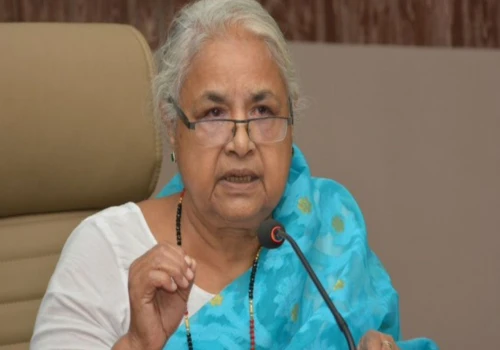
_500_x_350.webp)




